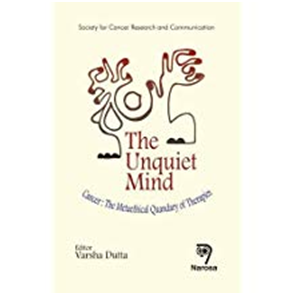Soma Living Roots
implores you to make what is repressed conscious
Soma in ancient India was offered as a libation to the Gods.
What is allegorical to its essence is the process that went into its making.
The stalks of the plants were
Crushed, squashed and sieved
to churn out the final offering – the Juice of Life,
This seeking would allude to
the act of man’s being in the world,
one of toil that would also
paradoxically mean the evanescence of being,
The nomadic meanderings between what is and what isn’t,
of being in the path of the dark and the light,
Wayfaring between what is merely known
and is yet to be revealed
through the cessation of life’s meaning and its willful resurrection
’cause only through this Noetic passage can
the Door of Perception
be finally
revealed
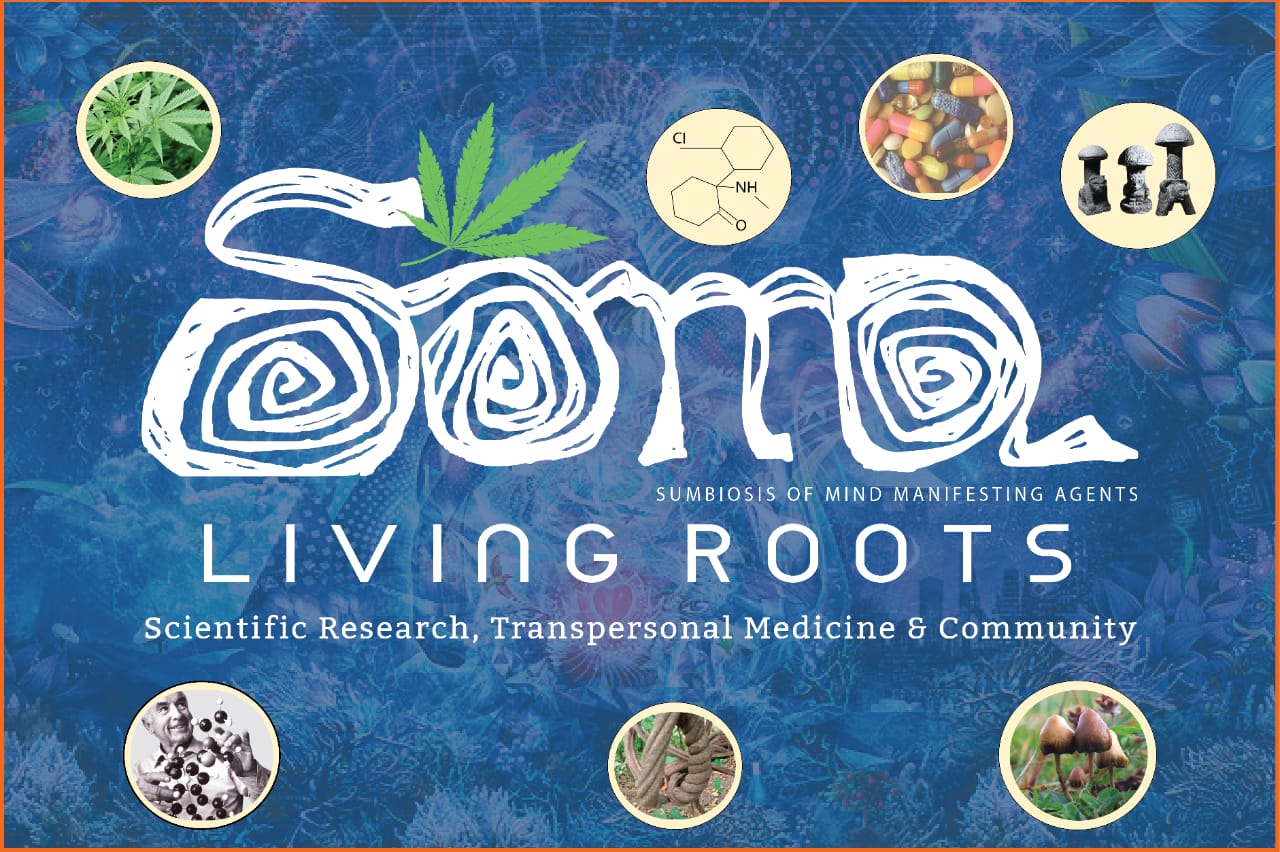
By stoking
the language of everyday Grammar,
one mobilized by the imagination of unending greed and a penchant for
a world order more destructive than anything ever.
We acknowledge our false pretense of cover in darkness,
keeping on with such exhausting peregrinations rankled by a false ego
bound by mundane laws stilted to create a pathological separation from our roots.
We strive to work betwixt these paradoxical dualities
Error is alien to this condition of being human;
where death angst- the selfsame of this ‘living act’ and the primeval part of our
consciousness is always repressed.
our intention
is to understand how these roots penetrate much deeper but is festered away by the
becoming of an ego enmeshed only in skin.
Our intention is not to overcome this fear but to thrive and reconcile this primeval
understanding back into our lives
because it is only by reconciling with this angst
is how we
reveal our Self
to our self.
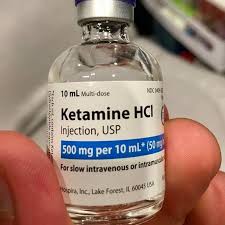
We are currently Focussed
On
Ketamine Assisted Psychotherapy
For Major Depressive disorders in adults
and in
End-stage cancer patients
And towards
Reviving
the controlled use of Cannabis for Medical research ( In Process )

Psycho-oncology
Anxiety and depression are common with any cancer diagnosis, where patients and their loved ones feel overwhelmed with the onslaught of the disease and its profound influence on the emotional, psychosocial and economic well being of the family.
Psycho-oncology deals with the emotional, psychological, social and ethical aspects of cancer. Its emphasis is chiefly on the psychological aspects of how the disease manifests itself and the person’s attitude and the care giving support towards it.
It stresses on the psycho-social factors, like support from the cancer patient’s immediate environment that influence the disease’s process. From Diagnosis to the different Stages of the Therapy phase, psychological and social support is given to the cancer patient and their families.
CANCER CARE CO-ORDINATOR– Lake City Hospital has an in house support system where the CCC plays a multi-layered role of helping the patient and the family find the right kind of therapy plan, financial and social support
services. The CCC also assists in educating the patient and the family about appropriate counseling and psychological therapy when needed.
CANCER SUPPORT GROUP
A cancer diagnosis can be overwhelming for the patient often provoking a strong emotional response of denial, a sense of loss and grief. Feelings of fear and anxiety riddled with existential crisis, depression and outright anger are often associated with it.
The failure to comprehend such strong feelings even by committed and supportive family members can push the patient into an abyss of loss and complete despair.
At Lake City Hospital, Support groups that comprise of cancer survivors and those undergoing therapy are encouraged to help reduce this emotional burden and stress. Group members are encouraged to vent out their anger and share their feelings by openly talking about things that they otherwise find difficult as this helps ease the burden they feel.
At Lake City Hospital Cancer Support Group meetings are facilitated by our Clinical neuropsychologist.
Being a part of such a support group
- Gives patients the emotional catharsis they need to deal with the demands of the disease process.
- A sense of control over their existing condition by managing their emotions better.
- Gives them a chance of belonging by sharing what they truly feel.
- Apart from inspiring a sense of empathy among group members, cancer survivors also retrieve the lost meaning from their lives.
- Support group members also discuss the practical implications of their therapy process from what to expect during treatment, from managing pain to other treatment associated side effects.
LAKE CITY HOSPITAL has endeavored to extend its psychological services to cancer survivors by introducing Psychotherapy Assisted Psychedelic therapy for those dealing with end stage cancer.
The Issue
In India, Nearly 1 million new cancer cases are diagnosed every year and up to 70-80% of them present with stage IV diagnosis where options of cancer directed treatment is very limited. It is estimated that at least 60%-80% of these patients need palliative and end of life care but at present only less than 5% of these patients have access to palliative and end of life care and less than 2 % of these patients have access to strong analgesics needed for pain relief.
End of life issues can be daunting for people who suffer from life-threatening cancer as they often face anxiety and depression related to death.
Existential and spiritual distress often overwhelms patients at the end stage and anti-
depressants are not an answer to address such issues.
About Ketamine
Ketamine has been in use as a safe anesthetic and analgesic agent for over 50 years now. It is known for its dissociative properties since it dissociates the self from ordinary reality and dissolves the personal ego boundary.
Whereas most other psychedelic agents like LSD and psilocybin have been badmouthed for the better part of the last century, ketamine is the only one in prolonged use since the 1960s and included in the World Health Organization’s list of essential medicines.
In psychological medicine it is relatively new and many studies have shown its efficacy in treating alcoholism and substance dependency, chronic depression, PTSD and an array of other treatment resistant psychological disorders. For pre-operative and end of life anxiety issues too ketamine is superior in relieving anxiety with its rapid onset, short duration of action and superior safety.
Low dosages of ketamine administered intravenously, intra-nasally and orally have shown good anti-depressant response with minimal psychedelic effects.
The Research
Through this research I am trying to elucidate why psychedelic research is important and the current revival necessary to pave the way for the future.
This will also allow us to see the efficacy of using ketamine as an adjunct to existential psychotherapy for patients with end of life issues.
The phenomenology of ketamine psychedelic psychotherapy (KPP) in the transpersonal context in dying patients has never been extensively explored, however a few case studies as a part of preliminary clinical observations on its effects on treating death anxiety has been observed,
(Kolp, E., Young, S. M., Freidman, H., Krupirsky, E., Jansen, K., & O’Connor, L. (2007). Kolp, E., Young, M. S., Friedman, H., Krupitsky, E., Jansen, K., & O’Connor, L.-A. (2007). Ketamine-enhanced psychotherapy: Preliminary clinical observations on its effects in treating death anxiety. International Journal of Transpersonal Studies, 26(1), 1–17.. International Journal of Transpersonal Studies, 26 (1). http://dx.doi.org/10.24972/ijts.2007.26.1.1).
The Future
For both patients and physicians existential and spirituality issues are imperative elements of quality palliative care that demands urgent contemplation. Palliative care practitioners and those associated with the dying have begun to recognise this spiritual and existential emptiness that can overwhelm a person in the final days and are beginning to work on therapies that deal with this existential crisis.
This study will pave the way for future research in the following aspects:
In the context of imminent death, the psycho-integrator properties of ketamine along with the phenomenological exploration of one’s existential state of being will allow us to explore the potential efficacy of Ketamine Psychedelic Psychotherapy.
The Unquiet Mind, Cancer- The meta-ethical quandary of therapies, Publisher: Narosa Publishing House
Make your contribution to cancer research by purchasing the copy from the hospital at Rs. 550.
BOOK REVIEW, URL:
Manchanda R. The Unquiet Mind Cancer: The Metaethical Quandary of Therapies.
J Can Res Ther [serial online] 2016 [cited 2018 Aug 16];12:1207-8.
Available from:
http://www.cancerjournal.net/text.asp?2016/12/3/1207/197529
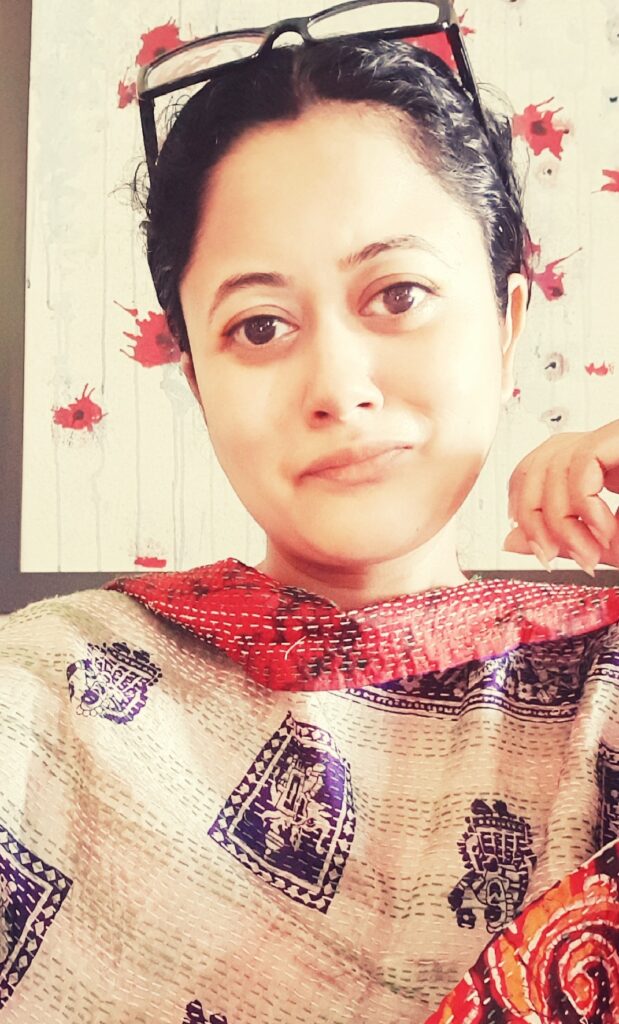
(Dr. Varsha Dutta Pujari, Clinical Neuropsychologist)
I recently founded SOMA Living Roots, an organization for Scientific Research, Transpersonal Medicine & Community.
I summed up my understanding and experiences with cancer patients, both as an author and the editor of a recently published book that delved into the lesser acknowledged yet pressing needs of the cancer patient. discussed the need for purgation or catharsis for the person battling with a recent diagnosis of cancer, how personal catharsis becomes necessary to relieve the distress associated with it.
Around the same time, I started getting
drawn towards work being done to revive psychedelic therapy,
particularly with the terminally ill patient. Organizations like MAPS
were bolding their way through to support research using these
substances and a few pilot studies involving the terminally ill patient
were and moving towards a positive direction (Gasser, 2014).Underway What interested me was how death related angst was being alleviated through such therapies, and earlier research by Stanislav Grof (Realms of the human unconscious, 1979) and Grof and Halifax (Human encounter with death, 1977) had shed light on this little known area and paved the way for current medical practice to look beyond itself and embrace the subjective dynamics of an individual’s experience since something like death anxiety cannot be objectively ascertained or examined is what I attempted to comprehend from its existential context.
For Further Queries Please Write To:
[email protected]
+91 8080557771
022 2536 2233
022 2536 2244
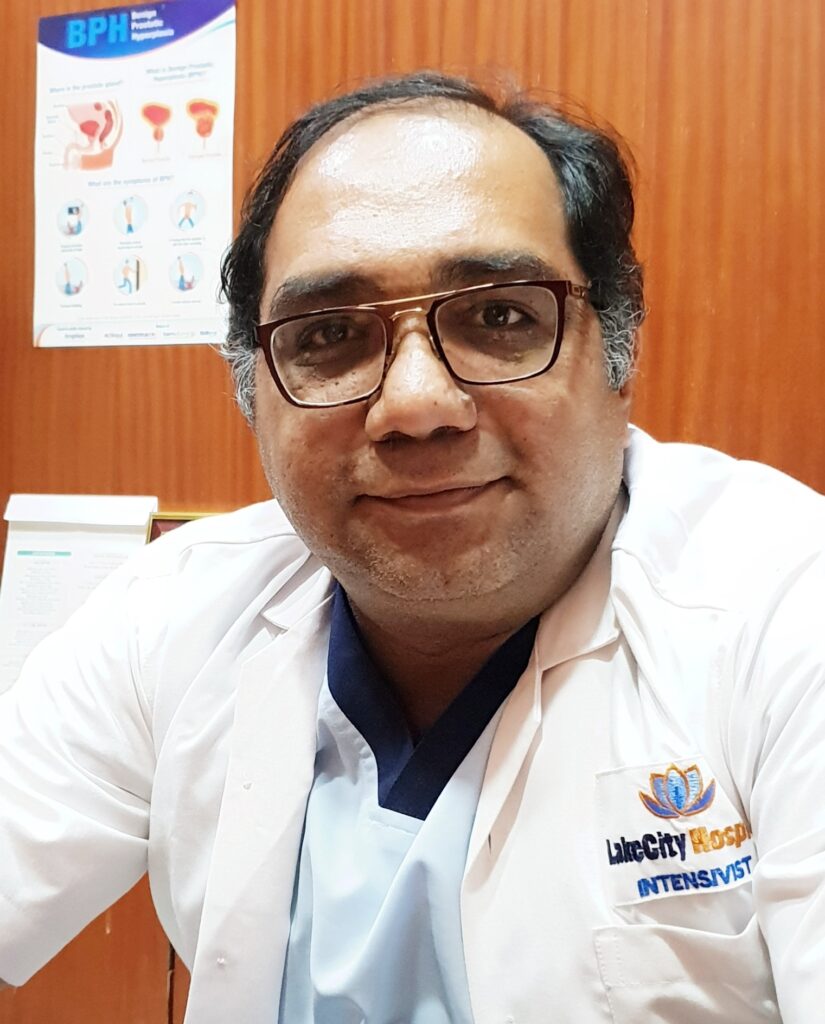
MBBS, D.A.(Anaesthesiology and Intensive Care)
Consultant Anaesthesiologist
Dr. Manish Arora has been a consultant Anaesthesiologist since 18 years and has an extended practice across Thane. He is proficient across an array of multiple skill areas including paediatric & adult anaesthesia that routinely involves urology, general surgery, cardiothoracic surgery, orthopaedic surgery, plastic surgery and obstetrics & gynaecology.
As an anaesthetist he is also extremely passionate and enthused about the anxiolytic, anti-inflammatory, neuroprotective and analgesic therapeutic effects of ketamine assisted psychotherapy which he keenly looks after and supervises in lake City Hospital. He along with Dr. Pujari collaborate and work closely together with patients with severe psychological issues, resistant to conservative treatment modalities.
They are also involved in the KAP project involving end-stage cancer patients and feel that the use of this therapy looks beyond the current clinical application of ketamine as it takes into account a more humane approach towards the pressing existential and depression related issues in cancer.
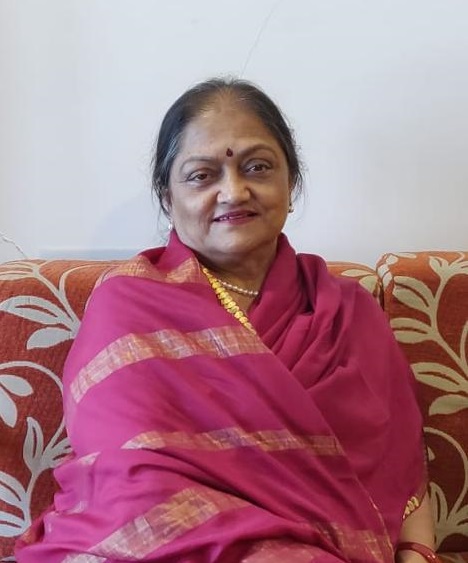
(Mrs. Unnati Lohade Clinical Counsellor)
Ms Unnati Lohade has over 22 years of experience in the healthcare sector, as a Counsellor working closely with leading physicians, hospitals and NGOs.
She is proficient as a counsellor and in her expertise of medically and emotionally guiding patients across a vast array of health care platforms on a regular basis from successfully organising organ donation camps, guiding patients and relatives on organ donation, conducting regular cancer, eye and general health check-up camps along with conducting cancer awareness camps for women.
Ms Unnati Lohade has been involved as a Counsellor and Social Worker for over 9 years working in association with Dr. Suresh Advani at Tata Memorial Hospital, Mumbai emotionally counselling and guiding cancer patients throughout their prolonged care period.
In her Psycho-oncology career she has successfully conducted various cancer awareness camps along with medicine distribution for the poor in collaboration with Cancer Patients Aids Association, Mumbai.
As a Clinical Counsellor at Soma Living Roots, Lake City Hospital Ms Unnati Lohade’s services involve recognising and identifying the pressing emotional and existential needs of cancer patients, something that generally gets overlooked during the clinical management of the disease. From Diagnosis to the various phases of the therapy phase, she is involved in identifying patients for the Ketamine Assisted Psychotherapy for treating depression and addressing the existential and spiritual needs of end-stage cancer patients. She is also actively involved in the emotional support group meetings held at regular intervals that involve cancer survivors, those currently seeking treatment and their relatives.
With the Ketamine Assisted Psychotherapy for cancer patients, Soma Living Roots endeavours to resolve the existential and spiritual issues that are imperative elements of quality palliative care, one that requires urgent contemplation. Through this, SLR intends to pave the way for the inclusion and acceptance of psychedelic assisted psychotherapies to address the pressing psycho-spiritual and existential needs of cancer patients and survivors.
